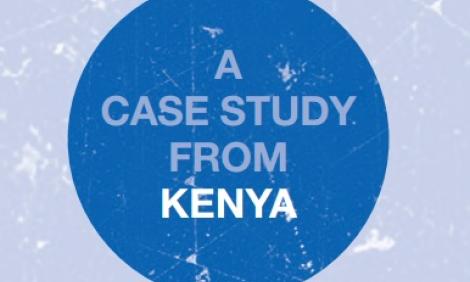
Publication
End violence: Case studies from Kenya
These case summaries are based on in-depth case studies mapping women’s experiences of technology-related VAW and their attempts to access justice either through domestic legal remedy or corporate grievance mechanisms. The original case studies from Kenya were documented by country researchers from the project partner International Association of Women in Radio and Television (IAWRT) Kenya…
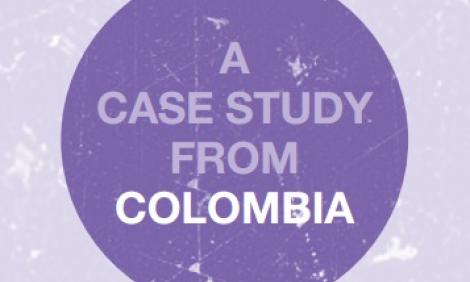
Publication
End violence: Case studies from Colombia
These case summaries are based on in-depth case studies mapping women’s experiences of technology-related VAW and their attempts to access justice either through domestic legal remedy or corporate grievance mechanisms. The original case studies from Colombia were documented by country researchers from the project partner Colnodo between November 2013 and April 2014 and the summaries were prepared…
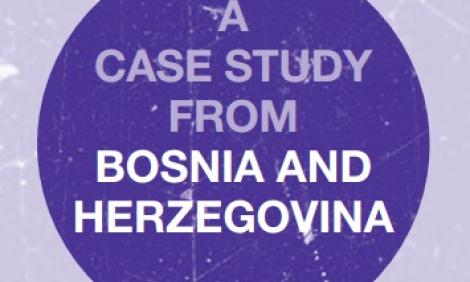
Publication
End violence: Case studies from Bosnia and Herzegovina
These case summaries are based on in-depth case studies mapping women’s experiences of technology-related VAW and their attempts to access justice either through domestic legal remedy or corporate grievance mechanisms. The original case studies from Bosnia and Herzegovina were documented by country researchers from the project partner OneWorldSEE between November 2013 and April 2014 and the…
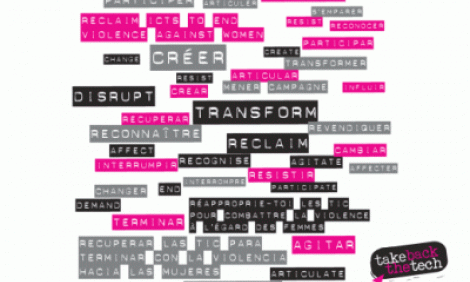
In depth
Protecting the right to freedom of expression: Strategies of survivors of tech-related violence against women
Tech-related violence against women hinders freedom of expression (FOE) as it creates an environment of fear, intimidation, violence, social isolation and impunity. This article written for GenderIT.org by Bianca Baldo explores the effects of tech-related VAW on women's rights to FOE, providing insight on human rights law, the different forms of tech-related VAW, the reasons behind it, the…
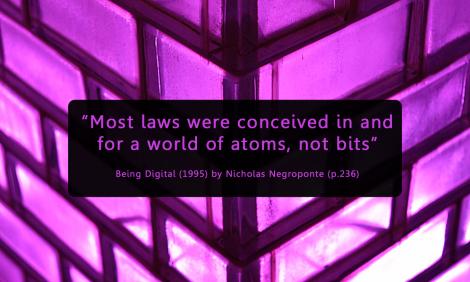
In depth
Virtual is real: Attempts to legally frame technology-related violence in a decentralized universe
In this article written for GenderIT.org, Lamia Kosovic explores some trends in legislation addressing tech-related VAW and stresses that “legislation itself will not solve the problem of VAW in digital spaces,” affirming that laws have to be accompanied by educational campaigns on the gendered nature of harm in digital spaces. “And it is urgent to expand our understanding of what survivors are…
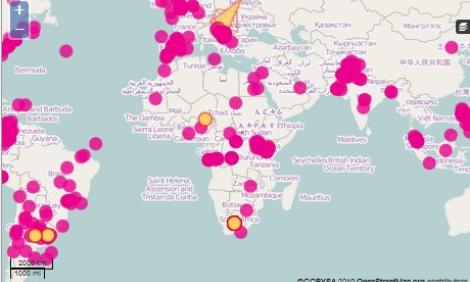
In depth
Mapping as a strategy to disclose online violence against women
When the APC Women's Rights Programme decided to use the Ushahidi map to collect information about the online violence that many women around the world were enduring, the aim was to gather evidence and show how ICTs can be used to perpetrate violence against women. In two years, from July 2012 to July 2014, almost 500 cases denouncing the use of ICTs and online spaces to perpetrate violence…

In depth
APC's Women's Rights Programme statement: Forwarding violence is violence
The Association for Progressive Communications Women’s Rights Programme (APC WRP) rejects and condemns systemic, technology-related violence against women in all its expressions. The acts of recording, photographing and documenting acts of sexual violence and further distribution and sharing are all part of the violence. With each view, share and forward, people are continuing and replicating the…
Publication
Technology-related violence against women – Recent legislative trends
This study seeks to explore recent legislative developments aimed at addressing and providing avenues of redress for technology-related violence against women. We explore the objectives, structure and application of four domestic legislative responses to different forms of violence against women, seeking to understand how domestic legislatures are responding to increasing awareness of violence…
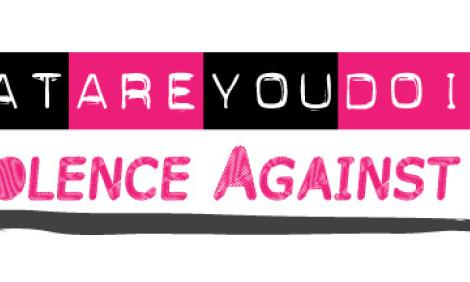
Publication
End violence research: Case summaries from country reports
The following case summaries are excerpted from End violence against women: Country reports, which involve seven countries and are part of research commissioned by the Association for Progressive Communications Women's Rights Programme (APC WRP) beginning in 2013.
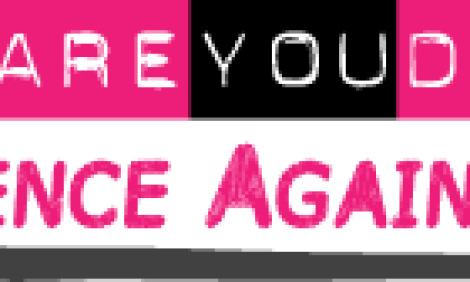
Publication
Internet intermediaries and violence against women online: User policies and redress framework of Facebook, Twitter and YouTube
A recent report, “Internet intermediaries and violence against women online” released by the Association for Progressive Communications for the “End violence: Women’s rights and safety online” project, analyses the policies and redress framework of the three major internet intermediaries: Facebook, Twitter and YouTube, in regard to violence against women online. These case studies allow APC to…




